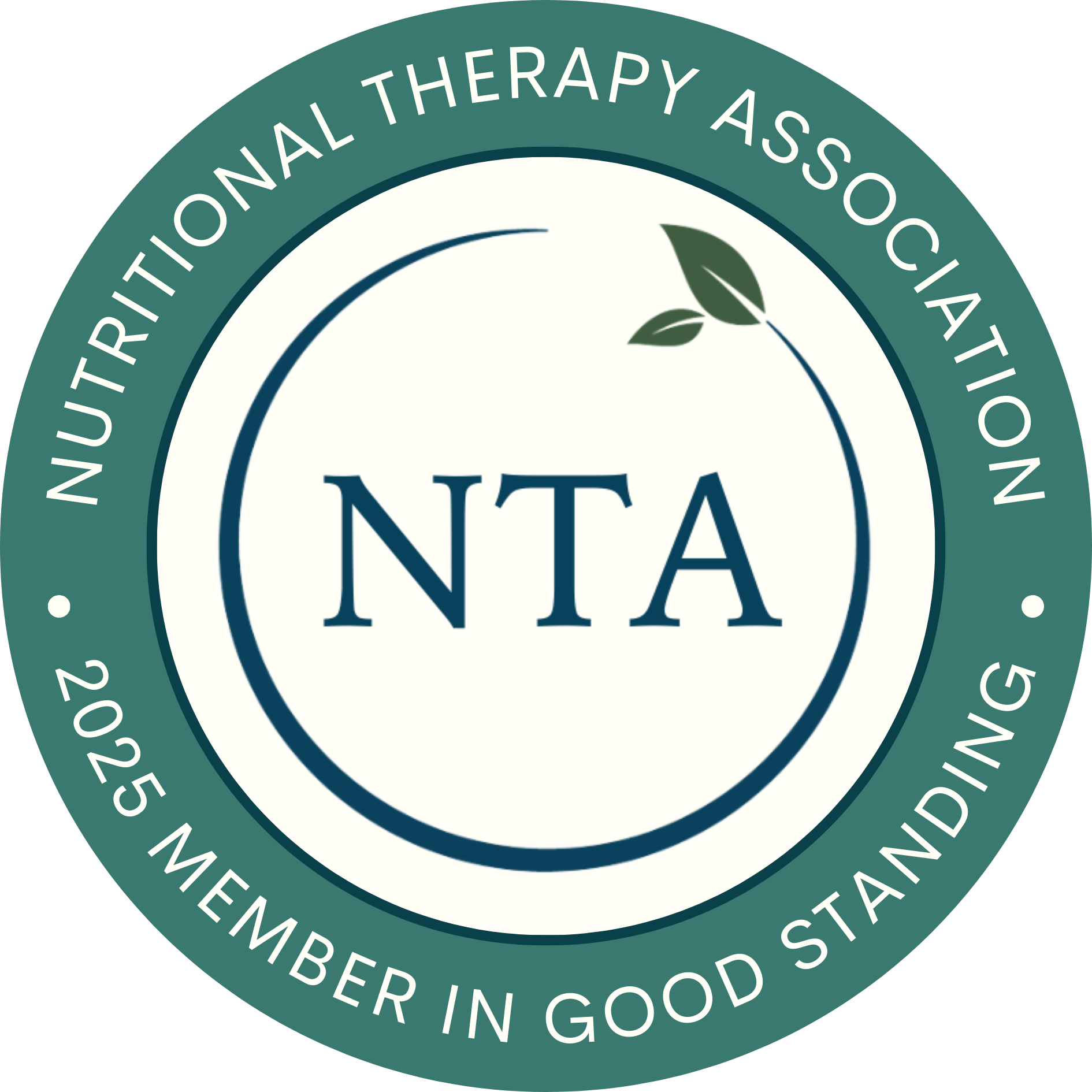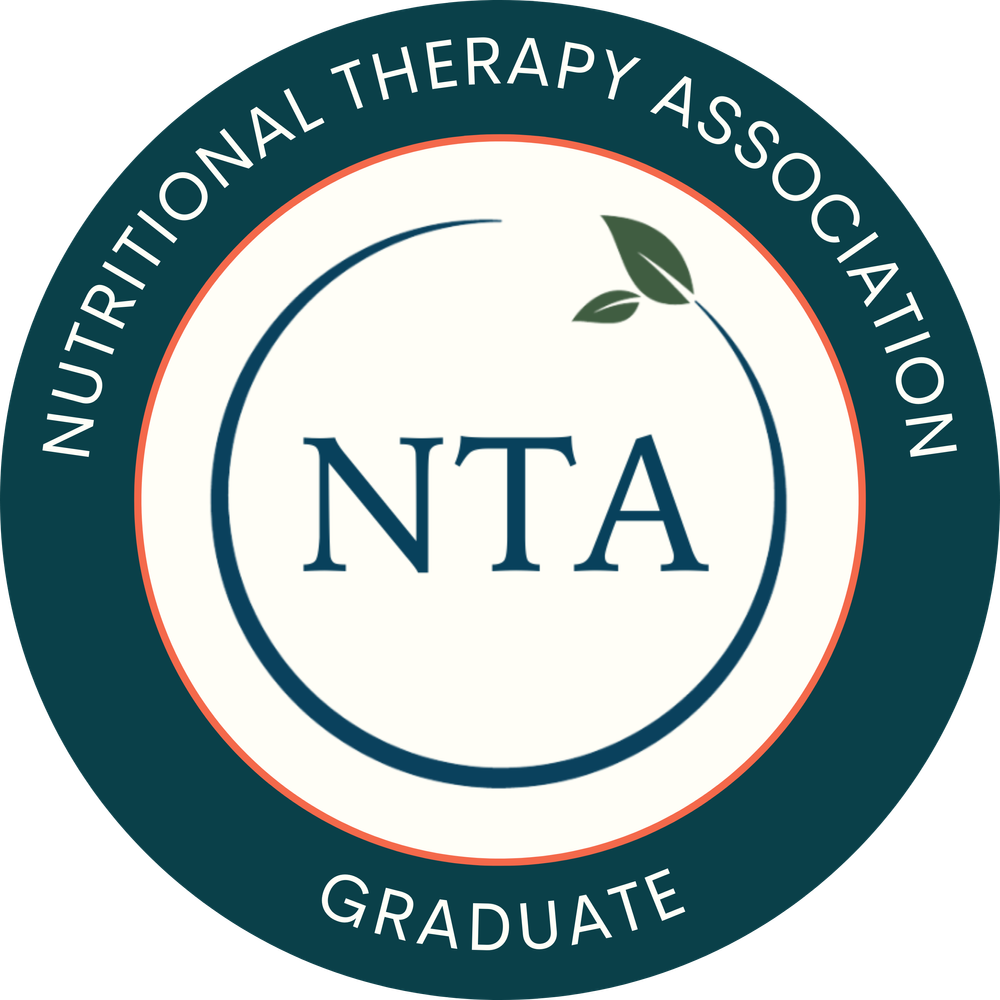Cellular Health Tip #2: Embrace evening darkness

Please note that while these lifestyle tips are intended to support your health, please remember, holistic nutrition is not a substitute for medical advice or for your family physician or other appropriate healthcare provider. If you suffer from a medical or pathological condition, you need to consult with an appropriate healthcare provider. A Registered Holistic Nutrition Practitioner is not trained nor licensed to diagnose or treat pathological conditions, illnesses, injuries, or diseases or prescribe medications.
Every individual is different and your unique needs and bio-individually should always be honoured.
Please disregard any tips that may not be appropriate for you.
Do you camp?
When I say “camp”, I mean really camp – as in with a tent, sleeping bags, flashlights, matches, and a cooler.
If you do, you know that with the process of camping, comes the need to work with nature, especially when it comes to the movement of the sun.
If you get up too long before sunrise, you can’t see anything, and if you are up too long after sunset, you also can’t see anything (a camp fire and head lamps are helpful, but only go so far), and so, you learn to adjust your daily activities to the availability of light.
Your day becomes more compressed and you learn to frontload anything that requires daylight into those daylight hours - dinner happens earlier, as do dishes and tidy up, preparations for the next day. The remainder of the evening is filled with cozying up by the campfire and retiring to bed early.
Now the question is, how can you bring more of this camping experience into your daily evening?
And, most importantly, why on earth would you want to?
Let’s have a look.
Cellular Health Tip #2 – Embrace evening darkness
This week’s tip is simple, though that doesn’t necessarily make it easy to practice!
Watch the sunset and ensure your evenings are dark for 2-3 hours before bed.
Avoid artificial light after sunset (use candles or red lights, or keep lights dim).
Aim to have no food or snacks after sundown (herbal tea and water is fine).
Yes, this tip is very reminiscent of the experience of camping.
Why this tip is supportive to cellular health:
You may find it strange to see the Sleep & Circadian Foundation of Health coming up so much in our discussion about cellular health – you probably never imagined circadian health and your light environment to have such a profound influence on the health of our cells.
I am right with you!
That’s why it makes it so exciting to learn about a relationship that many of us never considered.
In today’s tip, I’ll do my best to explain why darkness is so important to cellular health.
But, first, a quick review.
In Cellular Health Tip #1, we learned about why receiving morning sunlight and sunshine breaks throughout the day was supportive to not only to our cellular health, but also to that our hormone health.
You’ll recall that sunrise was instrumental in setting the foundation for what cellular health experts call the, “Melatonin Cycle”, which rolls out over the course of the day.
Yes, it seems strange to think that melatonin, our sleep hormone, is actually established by morning sunlight.
Melatonin synthesis (or production) will then take place over the course of the day, in our mitochondria, and provide fuel and protection to our mitochondria in the process – it’s really quite beautiful.
And, while the creation of melatonin is taking place during the day, it is during darkness (while we sleep) that melatonin will also be secreted by our pineal gland and work more of its magic over the course of the night.
But, here’s the key: the secretion of melatonin to an optimal level, can only fully happen in the presence of darkness and that’s why experiencing darkness is so important.
Melatonin is wonderfully supportive for so many things, and here are a few examples:
- it is a powerful antioxidant that offers protection from the oxidative stress our bodies experience from the day, helping us to repair
- it is deeply nourishing to mitochondrial function, and all the duties it has on its job description (including energy production). The better our mitochondria can carry out their job, the less oxidative stress takes place in the body
- it supports the creation of energy within our cells, known as ATP (Adenosine Triphosphate)
- it helps to regulate foundational upkeep of cellular function – that is, the creation of new mitochondria (called “biogenesis”), and appropriately signaling cell death (called, “apoptosis”)
In other words, if we are to take full advantage of the incredible benefits the melatonin offers our body in the way of repair and regeneration, we must allow it to reach its peak – which is through darkness. (1, 2)
In the initial post on Re-thinking the structure of our workday to support cellular health, I drew attention to the invention of the light bulb being a pivotal turning point in how we lived and worked.
It marks one of the biggest trade-offs we ever made between our health and productivity.
In How Thomas Edison’s Invention of the Light Bulb Changed the Night, Shaun Springer reminds us that this marked the shift from being a sleep-centric culture to light-centric, something we paid for dearly, resulting in the global challenge we currently have with sleep-deprivation.
I don’t think many of us even give this a second thought. Lights are a modern day staple and we don’t even consider life without them, or how they could be impacting our health.
When we look at it through the lens of hormones and cellular health, artificial lights (even blue light from screens and technology) suppresses the production of melatonin, impacting its optimal production and secretion and therefore, all the restorative effects it is designed to offer our mitochondria, and therefore, our bodies.
Recall how immensely important the health of our mitochondria is to every facet of our health, particularly in disease prevention. (1)
Somehow, we need to find a way to embrace evening darkness and channel your inner camper.
How to make it happen:
I wasn’t joking that while this tip is simple, it sure isn’t easy!
How on earth can you live in the modern world, doing everything it asks of you, and have enough time for darkness and sleep?
I don’t necessarily have the answers, but I do have a few ideas.
In many cases, like so many aspects of health, it can be a matter of mindset.
Consider:
- frontloading the core activities in the evening that require light, like dinner, dishes and clean up, and next-day lunch-making
- aside from these core activities, aim to reduce your evening items to 3 simple things (like having a tea, a bath, and read a book)
- save tv shows and movies for weekends
- shift from thinking of your evening as a “sprint-to-the-finish/I-think-I-can-squeeze-it-in” mindset to, “the-day-is-done-let-tomorrow-take-care-of-itself”
- for items that are difficult to shake from your list, ask yourself the following 3 questions:
- in what way is this item really important/essential?
- how long will this item be on my evening list?
- can this item happen during the day?
This may help lessen the load on your evening and allow you to have time for darkness.
Final thoughts:
Evenings are sacred and truly warrant being protected for so many reasons.
They represent a time for when you return home, shed your armour of the workday, and enjoy your world outside of work - your personal freedoms.
Please make sure that one of the aspects that your evening protects is your health.
Yes, it involves some shifts towards simplicity and letting go of that which is non-essential, but the benefits are great, even if we just consider the restorative effects that proper darkness offers us.
“Most people think melatonin is our “dark hormone”. That is true, but few know that UV light is what regenerates the melatonin cycle in us.” – Jack Kruse, from The “Dark Knight” of Regeneration? (4)
If you think this content would be supportive to the health and wellness of your workplace, your HR team can request a Corporate Talk
Is your HR team looking for nutrition and wellness content to add to their newsletters? Suggest me as a contributor! They can email me at nutrition@suzanneberry.ca
Want to work with me 1:1 to support your health and wellness goals? Book a free Discovery Call
Pass this content along to a friend to grow our community (those who love their work and their health!) Subscribe
References:
- Sharafati-Chaleshtori R, Shirzad H, Rafieian-Kopaei M, Soltani A. Melatonin and human mitochondrial diseases. J Res Med Sci. 2017 Jan 27;22:2. doi: 10.4103/1735-1995.199092. PMID: 28400824; PMCID: PMC5361446. Retrieved from: https://pmc.ncbi.nlm.nih.gov/articles/PMC5361446/
- Tan DX, Manchester LC, Qin L, Reiter RJ. Melatonin: A Mitochondrial Targeting Molecule Involving Mitochondrial Protection and Dynamics. Int J Mol Sci. 2016 Dec 16;17(12):2124. doi: 10.3390/ijms17122124. PMID: 27999288; PMCID: PMC5187924. https://pmc.ncbi.nlm.nih.gov/articles/PMC5187924/
- Springer, S. (Nov 11, 2026). How Thomas Edison’s Light Bulb Changed the Way You Sleep. Retrieved from: https://www.huffpost.com/entry/how-thomas-edisons-light-bulb-changed-the-way-you_b_582632e9e4b0852d9ec21605
- Kruse, J. (Feb. 17, 2016). Reversing Disease for Optimal Health. Time #9: The “Dark Knight” of Regeneration? Retrieved from: https://jackkruse.com/the-dark-knight/



